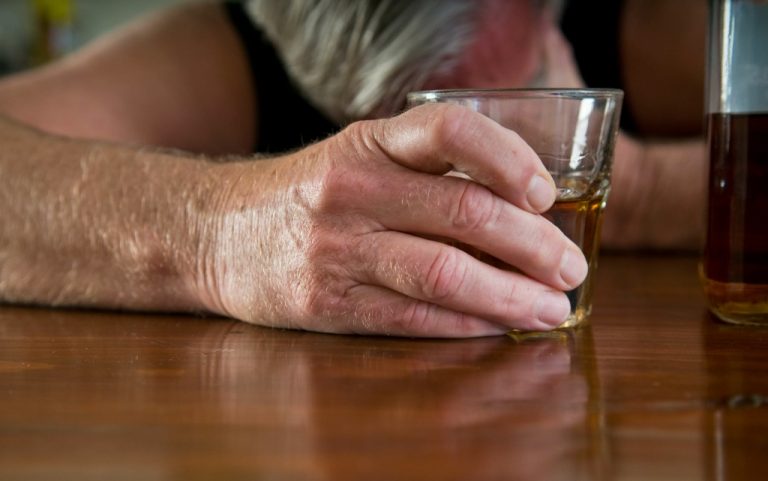Content
To put it another way, physical vs psychological dependence means mental vs physical symptoms. Also, a program at an addiction recovery center will deal with them separately. Some addiction therapists believe psychological dependence is tougher to quit and requires more extensive aftercare.
I have heard that it is not chemical, but have lived with people who needed the alcohol every night. 3In operant procedures, animals must first perform certain response (e.g., press a lever) before they receive a stimulus (e.g., a small amount of alcohol). By modifying the required response (e.g., increasing the number of lever presses required before the alcohol is delivered) researchers can determine the motivational value of the stimulus for the animal. 1In operant procedures, animals must first perform a certain response (e.g., press a lever) before they receive a stimulus (e.g., a small amount of alcohol). If you or a loved one need help, start with us at Direct2Recovery.
Are you struggling with an addiction?
Many people wonder about the differences between psychological and physiological dependence on drugs. Also, not helpful is how so much information you find misleads you even more. Those who are suffering from http://halfsiblings.ru/t/1558170 substance abuse problems may not be able to tell the difference, but a family member can. So, below some truths become clear, starting with the differences between psychological and physiological dependence.
Tobacco, heroin, cocaine, alcohol, cannabis and benzodiazepines are all substances that you can develop tolerance and dependence to. Refusing to believe there is an addiction problem is another social addict symptom. Believing the person can relinquish the substance at any time is another social symptom of an addict. Obsession is when someone is infatuated with the substance they are using. In this situation, the only thing that matters is getting the substance and using the substance.
Psychological Dependence vs. Addiction
The term ‘recreational’ is often applied to such use, conferring an apparent sanction that relates more to the latter category. For example, some people have a dependence on their blood pressure medication. Is alcoholism an habitual addiction or can it also be a chemical one?
Psychological dependence is a change in emotional state that occurs after using a substance or engaging in a behavior over a period of time. It is characterized by changes in mood, emotional well-being, craving, and obsession that occur with use of a substance or engaging in an activity. Individuals who have a past history of violence, are exposed to environmental stressors, have problems with mood disorders, have specific personality traits, or have a family history of psychological dependence may be at risk. Without detox in a supervised environment, there are serious risks, including death. It all depends on how long a person has used a substance, how many they are using, and what they are detoxing from.
How does it compare to physical dependence?
A person who drinks alcohol every day is an example of psychological dependence. Over a long period of time, the brain becomes dependent on alcohol. Changes such as mood swings, irritability, and cravings occur when alcohol is not consumed. The person drinks to feel better again despite the negative outcomes that follow. The feeling is caused by chemical reactions to neurotransmitters within the brain. Negative symptoms occur when the euphoria feeling begins to fade away as dopamine levels decrease.

To combat addiction, it would be helpful to have loved ones help you overcome and be a part of your recovery life. Psychologically addictive drugs include stimulant drugs such as Ritalin, methamphetamines, amphetamines, cocaine, and hallucinogens such as LSD. In addition, mood-changing drugs such as marijuana and prescription drugs for pain and antidepressants can be psychologically addictive. Make a poster, chart, or some other type of graphic organizer that lists https://jennifercusimano.com/2012/11/lila-joy-one-month-old/ the risks factors for psychological dependence. Psychological dependence is a behavioral and psychological syndrome characterized by loss of control over drug use and compulsive, continuous use despite damage caused to oneself and others. Alcohol withdrawal and relapse studies of animals and humans are documenting the triggers that provoke relapse, and they are working to understand why some people are more sensitive than others to these behavior drivers.
The Mechanics of Physiological Dependence
In most cases, though, working with a therapist is the best course for addressing psychological dependence, whether it occurs on its own or alongside physical dependence. Some estimates suggest approximately 90 percent of people recovering from opioid addiction and 75 percent of people recovering from alcohol addiction or other substance addictions will have symptoms of PAWS. Left unmanaged, withdrawal from certain substances can be severe and even life threatening in some cases. Other withdrawal symptoms, like those mentioned in the coffee example, are just uncomfortable.
- Occasionally a small dose of a benzodiazepine (e.g., 0.5–1.0 mg of lorazepam) or of methadone (with its longer half-life) may be necessary to settle the feeling of slight uneasiness or restlessness that accompanies a rapid tapering process.
- Despite this, chemical dependence must be treated as a whole for it to work.
- Just because you love riding your bike doesn’t mean you’re psychologically dependent on the activity.
- 6A third FDA-approved medication to treat alcohol dependence (disulfiram; Antabuse®) targets alcohol metabolism.
Serotonin can influence CRF activity both within and outside the HPA axis.

